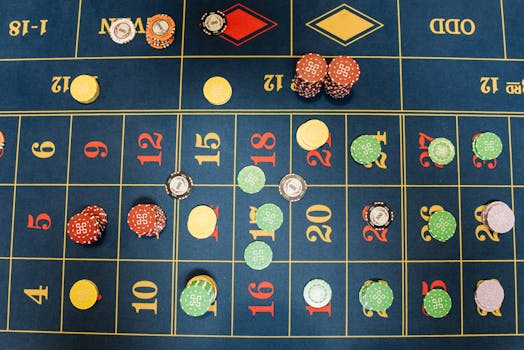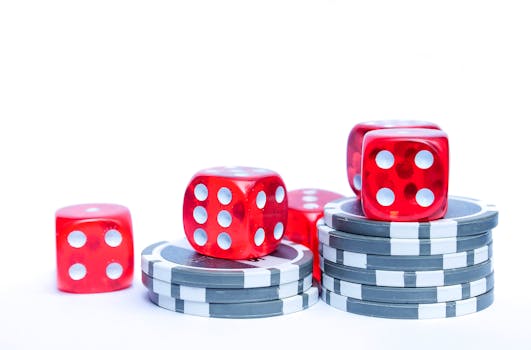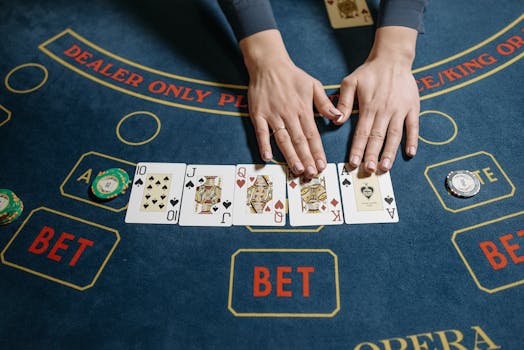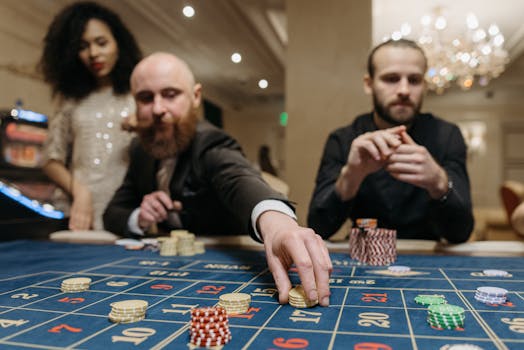Probability Theory in the World of Casinos
Probability theory plays a crucial role in understanding and navigating the complex landscape of casino gaming. This mathematical framework helps both casinos and players grasp the odds involved in various games, influencing strategy and potential outcomes. This article explores how probability theory is applied in casinos, discusses its advantages and disadvantages, and provides practical examples to illustrate these concepts.
Understanding Probability Theory in Casino Games
Probability theory assesses the likelihood of different outcomes in random events. In casinos, this theory is used to calculate the odds of winning or losing in games such as roulette, blackjack, slots, and others. Each game has its own set of probabilities based on the rules and mechanics of the game.
Key Applications of Probability Theory in Casinos
Roulette
In roulette, probability calculations are based on the number of pockets on the wheel. For instance, the probability of hitting a single number on a European roulette wheel (which has 37 pockets) is 1 in 37, or about 2.7%. This simple probability helps players understand their chances and guides betting strategies.
Blackjack
Blackjack probability is more complex because it depends on the composition of the deck during play. As cards are dealt, the probabilities of future cards being dealt change. This dynamic aspect of blackjack makes it particularly interesting from a probability standpoint and is a key factor behind the concept of card counting.
Slots
Slot machines use a random number generator (RNG) to determine the outcome of each spin. The probability of winning a payout depends on the RNG settings, which are designed to give a certain long-term return to the player (RTP). Understanding these probabilities can help players choose machines with the best odds of winning.
Advantages and Disadvantages of Probability-Based Strategies
Advantages
- Informed Decision-Making: Knowledge of probability allows players to make more informed decisions about their bets and strategies, potentially leading to higher success rates.
- Risk Management: By understanding the odds, players can manage their bankrolls more effectively, choosing games and bets that align with their risk tolerance and goals.
- Strategic Play: In games like blackjack, knowledge of probabilities can be used to gain a strategic edge, influencing actions like hitting or standing.
Disadvantages
- Complexity: Probability theory can be complex, and its application requires a deep understanding of mathematics, which may be daunting for some players.
- No Guarantees: While probability can inform strategy, it does not guarantee success due to the inherent randomness of casino games.
- Potential for Misuse: Misunderstanding or misapplying probability theories can lead to poor decision-making and increased losses.
Practical Examples of Probability in Action
Consider a practical example in the game of blackjack. If an initial hand consists of an ace and a five, the probability of the next card making the hand a 21 depends on how many cards remain in the deck. If most of the large cards remain, the odds improve. Skilled players use this information to decide whether to hit, stand, or double down.
In roulette, a common strategy involves betting on colors (red or black) which have a probability of nearly 50% on each spin (excluding the zero). However, each spin is independent, and the outcome of one spin does not influence the next, demonstrating the limitations of probability in predicting short-term results.
Conclusion and Recommendations
Probability theory is a powerful tool in the world of casinos, enhancing player understanding and guiding strategies. However, it's important to approach casino games with realistic expectations and an understanding of the limitations of probability-based strategies. Players should use this knowledge to enhance their gaming experience and make smarter choices, but also remember the role of luck and randomness in casino games.
For those interested in applying probability theory to their casino gaming, it's advisable to start with games that have simpler probability models, like roulette or simple bets in craps. As one becomes more comfortable with these concepts, they might consider more complex games like blackjack.
Remember, no strategy can overcome the house edge completely, but an informed player is often a more successful one.
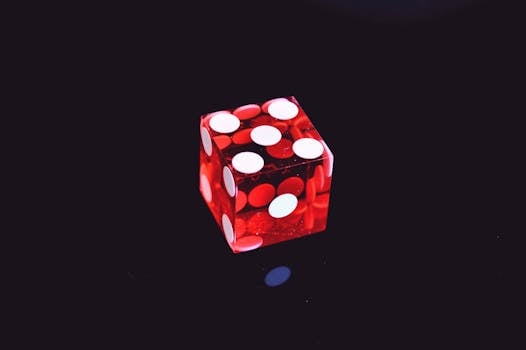
.png)
